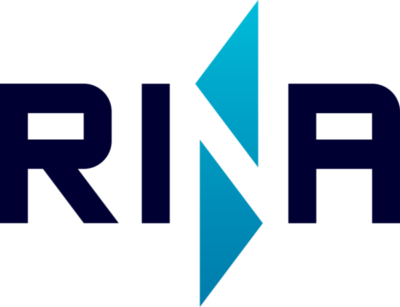Italy’s oil major Eni Group has signed up with class society RINA to work together on green-fuel initiatives, particularly in the maritime bunkering market.
The agreement focuses on the use of hydrotreated vegetable oil (HVO) biofuel produced by Eni in its Venice and Gela bio-refineries. Eni’s HVO is made from feedstocks that do not compete directly with food and feed crops, such as waste and agricultural residues.
The firm currently supplies HVO-based diesel for heavy transport and bio-jet fuel (sustainable aviation fuel) for aircraft. It aims to have about 4 million tonnes of production capacity online by the middle of the decade, enough to supply 1% of maritime bunkering demand if all of the output were reserved for maritime users.
Production of these sustainable oils is expected to scale up rapidly to 20,000 tons by 2023, and Eni hopes to have a vertically integrated supply chain of waste oil and non-edible oil of 700,000 tonnes per year by 2026. It is replicating its results in Kenya across other African countries and further abroad.
The partnership also extends to future marine fuels like blue and green hydrogen and ammonia, as well as the logistics and distribution of new energy carriers and the adoption of methods for calculating the emissions benefits.
Eni and RINA might also pursue experiments and pilot projects in on-board carbon capture.





